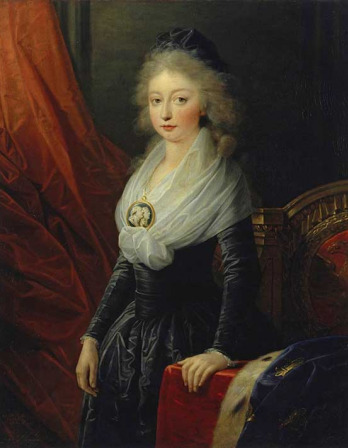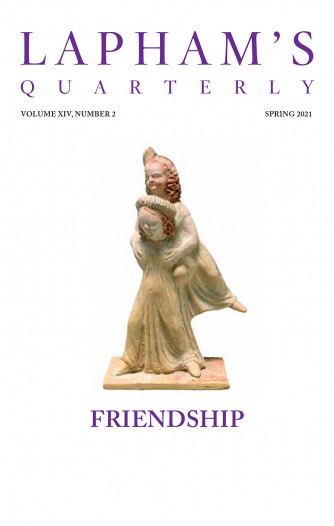A fool is always troublesome; a man of sense perceives when he pleases or is tiresome—he goes away the very minute before it might have been thought he stayed too long.
Mischievous wags are a kind of insect which is in everybody’s way and plentiful in all countries. Real wit is rarely to be met with, and even if it be innate in a man, it must be very difficult to maintain a reputation for it during any length of time; for, commonly, he that makes us laugh does not stand high in our estimation.
There are a great many obscene minds, yet more railing and satirical, but very few fastidious ones. A man must have good manners, be very polite, and even have a great deal of originality to be able to jest gracefully and be felicitous in his remarks about trifles; to jest in such a manner and to make something out of nothing is to create.
We meet with persons who, in their conversations, or in the little intercourse we have with them, disgust us with their ridiculous expressions, the novelty, and, if I may say so, the impropriety of the phraseology they use, as well as by linking together certain words which never came together but in their mouths and were never intended by their creators to have the meaning they give to them. In their conversation they neither follow reason nor custom, but only their own eccentricity; and their desire always to jest, and perhaps to shine, gradually changes it into a peculiar sort of dialect which at last becomes natural to them. They accompany this extraordinary language by affected gesticulations and a conceited kind of pronunciation. They are all highly delighted with themselves and with their pleasant wit, of which, indeed, they are not entirely destitute, but we pity them for the little they have—and, what is worse, we suffer through it.
From The Characters, or Manners of the Age. La Bruyère wrote in the preface to this book, “The subject matter of this work being borrowed from the public, I now give back to it what it lent me; it is but right that having finished the whole work throughout with the utmost regard to truth I am capable of, and which it deserves from me, I should make restitution of it.” The cast of characters increased from 420 in the 1688 edition to 1,120 in the 1694 edition, which appeared two years before La Bruyère died at the age of fifty.
Back to Issue





